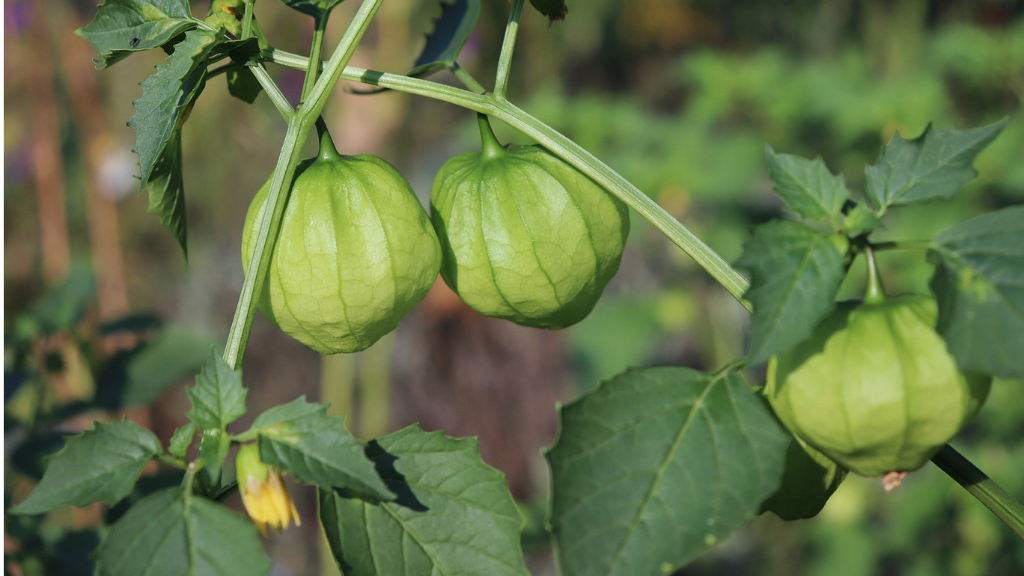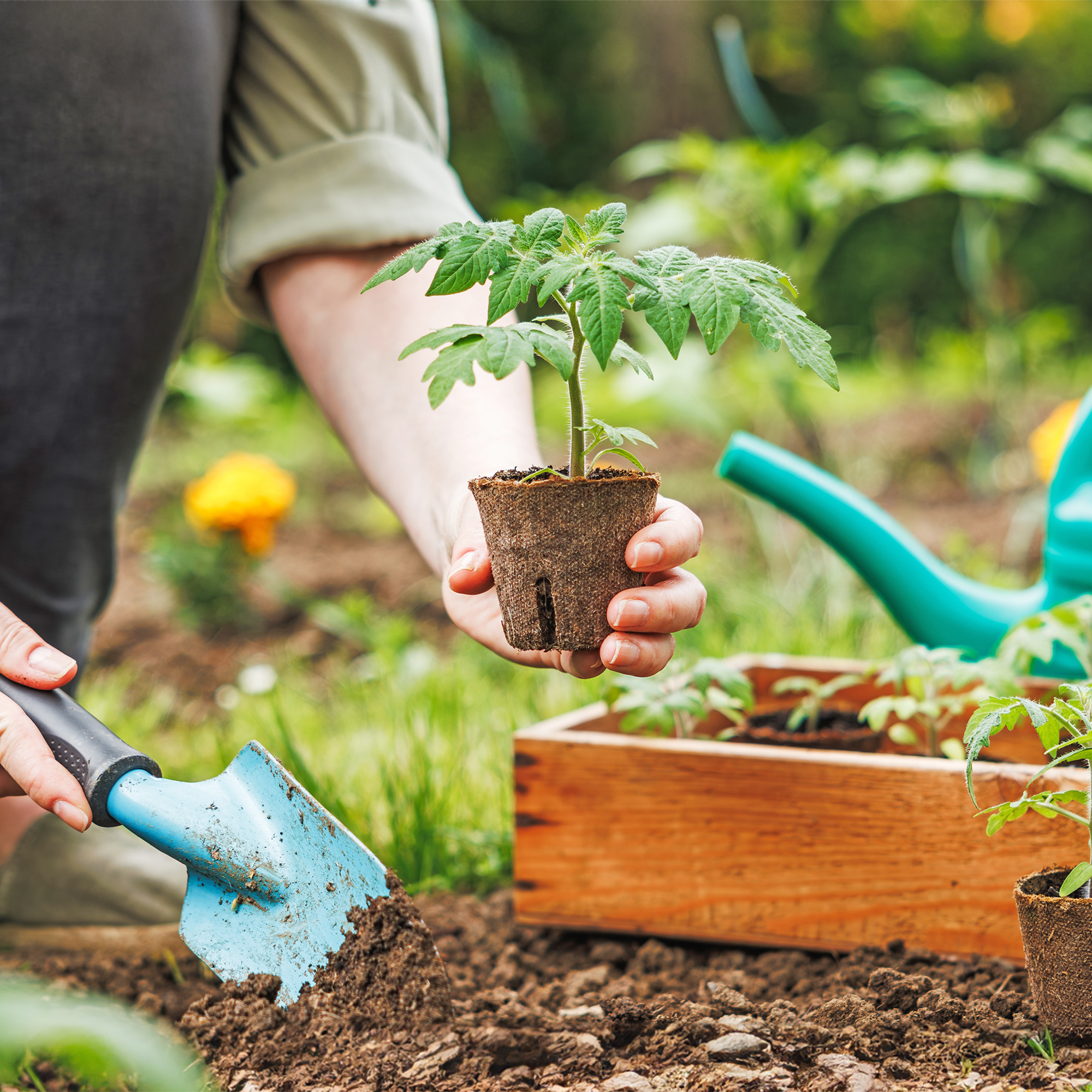History Of Green Tomatillo Verde

If you love salsa verde, traditional red salsas milder counterpart, maybe it's time you tried growing a green tomatillo plant. Toma Verde heirloom tomatillos are a good varietal to start with, as they are tolerant of a variety of weather conditions and prolific producers - not to mention tasty.
Green Tomatillo Verde Info
Toma Verde heirloom tomatillos are also sometimes referred to as ground cherries. Both are members of the genus Physalis but, in this case, ground cherries (P. pruinosa) refer to the sweeter varieties of tomatillo, such as Pineapple tomatillo - which does indeed taste akin to a sweet pineapple. Both ground cherries and Green Tomatillo Verde fruit (P. ixocarpa) are related to tomatoes and are grown in a similar manner. Green tomatillo plants bear fruit that is between 2-4 ounces, green (well, that is probably a given) and encased in a papery husk, which looks like a Chinese lantern flower. The interior of a tomatillo is white with a tangy/sweet flavor that is the hallmark of salsa verde. The foliage of green tomatillo plants looks very much like a tomato, but unlike a tomato, the fruit is picked while still green, and it's this green color that gives the fruit its name. Well, then how do you know when the darn thing is ripe? Hold on, I'm getting there. The papery husk turns from green to brown and splits once the fruit is mature. The tomatillos should also feel sticky, and at this point, it is time to harvest them. This open-pollinated variety will normally reach maturity in about 70 days, and each plant will produce about a pound of fruit.
Growing Green Tomatillo Plants
Of course, before you can harvest anything, you have to grow it first. For this tomatillo, it is preferable to sow seeds indoors 6-8 weeks before the last frost in your area. Sow the seeds at a depth of ¼ inch. Seedlings will emerge in about 10 days and can be transplanted when soil temps have warmed and plants are at least 2 inches tall. A tender annual, tomatillo seedlings should be hardened off prior to transplanting and may need to be covered if temperatures dip. Space the plants in full sun, 18-24 inches apart in rows three feet apart, and it may be helpful to provide a support of some kind to keep fruit off the ground too. It is also a good idea to mulch around the plants to help retain moisture. Feed the tomatillos regularly with a nitrogen based food at first, switching over to a higher phosphorous and potassium fertilizer as the plants mature to promote flowering and fruit set. And that's it! You're well on your way to fixing that unforgettable salsa verde with an amazing heirloom plant. Of course, a good recipe may help too! Here's one I'm sure you will enjoy.
- 1 ½ lbs Green Verde tomatillos, husks and stems removed
- 1-2 jalapeño or serrano peppers
- 1 small white onion, skin removed, split in half
- 1 bunch fresh cilantro leaves and tender stems
- Kosher salt
- 2 tablespoons fresh juice from about 2 limes
For spicier salsa, leave seeds and membranes of peppers, or for a milder salsa, remove them. Combine tomatillos, serranos, and onion in a medium saucepan and cover with water. Bring to a boil over high heat, then reduce to a simmer. Simmer until vegetables are completely softened, about 10 minutes, stirring occasionally to make sure all sides are softened. Drain vegetables, then transfer to a blender or food processor. Add cilantro, a large pinch of salt, and 1 tablespoon lime juice. Blend until a chunky puree is formed, about 30 seconds. Transfer to a bowl, season to taste with more salt or lime juice, if necessary, and serve. Cooled salsa can be stored in a sealed container in the refrigerator for up to 2 weeks.
Gardening tips, videos, info and more delivered right to your inbox!
Sign up for the Gardening Know How newsletter today and receive a free copy of our e-book "How to Grow Delicious Tomatoes".

Amy Grant has been gardening for 30 years and writing for 15. A professional chef and caterer, Amy's area of expertise is culinary gardening.
-
 Never Plant Seedlings Until They Pass These 3 Simple Tests
Never Plant Seedlings Until They Pass These 3 Simple TestsDon't be over-eager to transplant seedlings into the garden before they are ready. These quick and easy checks will help ensure flourishing plants.
By Mary Ellen Ellis
-
 Grow ‘Karl Rosenfield’ Peony Plants For The Ultimate Frilly Border Beauties And Cut Flowers
Grow ‘Karl Rosenfield’ Peony Plants For The Ultimate Frilly Border Beauties And Cut FlowersFor frilly double magenta peony petals infused with a heady fragrance, grow ‘Karl Rosenfield’ peony plants. Here’s how to cultivate the ultimate plushy blooms
By Tonya Barnett